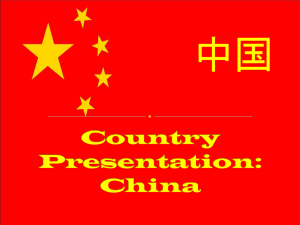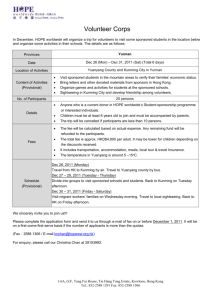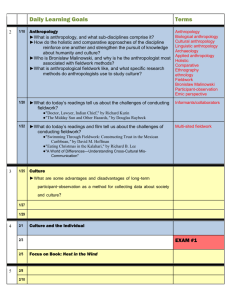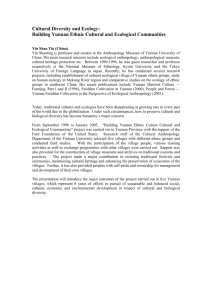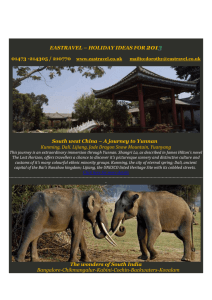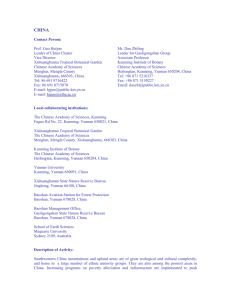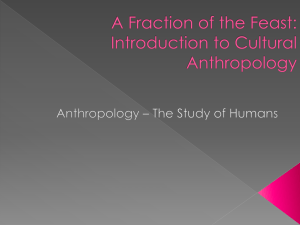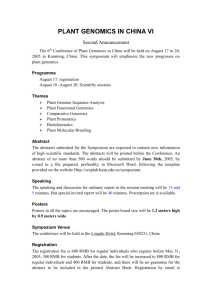fieldwork 1970
advertisement
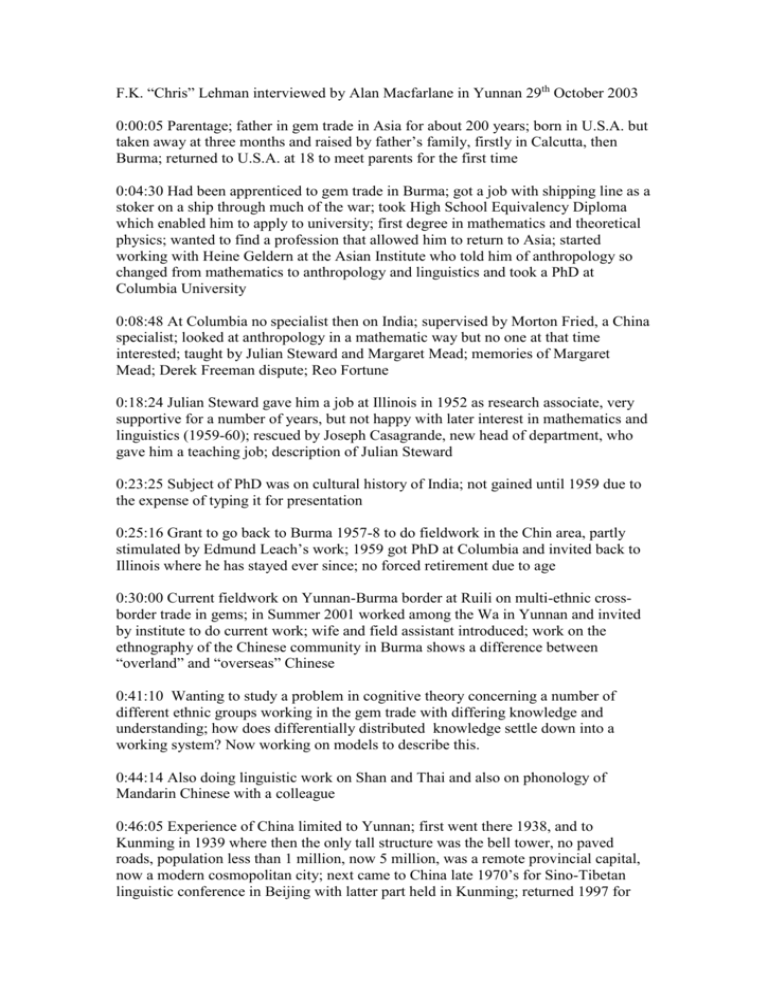
F.K. “Chris” Lehman interviewed by Alan Macfarlane in Yunnan 29th October 2003 0:00:05 Parentage; father in gem trade in Asia for about 200 years; born in U.S.A. but taken away at three months and raised by father’s family, firstly in Calcutta, then Burma; returned to U.S.A. at 18 to meet parents for the first time 0:04:30 Had been apprenticed to gem trade in Burma; got a job with shipping line as a stoker on a ship through much of the war; took High School Equivalency Diploma which enabled him to apply to university; first degree in mathematics and theoretical physics; wanted to find a profession that allowed him to return to Asia; started working with Heine Geldern at the Asian Institute who told him of anthropology so changed from mathematics to anthropology and linguistics and took a PhD at Columbia University 0:08:48 At Columbia no specialist then on India; supervised by Morton Fried, a China specialist; looked at anthropology in a mathematic way but no one at that time interested; taught by Julian Steward and Margaret Mead; memories of Margaret Mead; Derek Freeman dispute; Reo Fortune 0:18:24 Julian Steward gave him a job at Illinois in 1952 as research associate, very supportive for a number of years, but not happy with later interest in mathematics and linguistics (1959-60); rescued by Joseph Casagrande, new head of department, who gave him a teaching job; description of Julian Steward 0:23:25 Subject of PhD was on cultural history of India; not gained until 1959 due to the expense of typing it for presentation 0:25:16 Grant to go back to Burma 1957-8 to do fieldwork in the Chin area, partly stimulated by Edmund Leach’s work; 1959 got PhD at Columbia and invited back to Illinois where he has stayed ever since; no forced retirement due to age 0:30:00 Current fieldwork on Yunnan-Burma border at Ruili on multi-ethnic crossborder trade in gems; in Summer 2001 worked among the Wa in Yunnan and invited by institute to do current work; wife and field assistant introduced; work on the ethnography of the Chinese community in Burma shows a difference between “overland” and “overseas” Chinese 0:41:10 Wanting to study a problem in cognitive theory concerning a number of different ethnic groups working in the gem trade with differing knowledge and understanding; how does differentially distributed knowledge settle down into a working system? Now working on models to describe this. 0:44:14 Also doing linguistic work on Shan and Thai and also on phonology of Mandarin Chinese with a colleague 0:46:05 Experience of China limited to Yunnan; first went there 1938, and to Kunming in 1939 where then the only tall structure was the bell tower, no paved roads, population less than 1 million, now 5 million, was a remote provincial capital, now a modern cosmopolitan city; next came to China late 1970’s for Sino-Tibetan linguistic conference in Beijing with latter part held in Kunming; returned 1997 for international conference in Kunming and went to Ruili and found it had become important cross-border gem trading centre 0:56:00 Impression of changes; late 1970’s atmosphere was that one was watched the whole time, particularly in Beijing; 1970’s Kunming only just beginning to rebuild, and in 1997 the building work had caused so much dust that trees were dying; in 1970’s many old building of mud brick, tiled roofs, courtyard houses; still some seen in 1997, but now virtually all gone; long street of computer shops; expansion partly due to Yunnan’s economic success; internal tourism 1:04:20 Encounter with Edmund Leach in 1938 in Burma aged 15; met him again in Cambridge 1958 when Leach remembered him and all the details; disagreement over review and lecture; Leach’s feeling that “natives” shouldn’t study anthropology 1:18:26 Rodney Needham, met 1956 in Philadelphia; Oxford; brilliant man who did very little fieldwork; translations; ‘Belief, Language and Experience’ 1:28:50 Christoph von Furer-Haimendorf, met 1956 in Philadelphia; extraordinarily nice man; continued to grow intellectually throughout life; ‘Merit and Morals’
